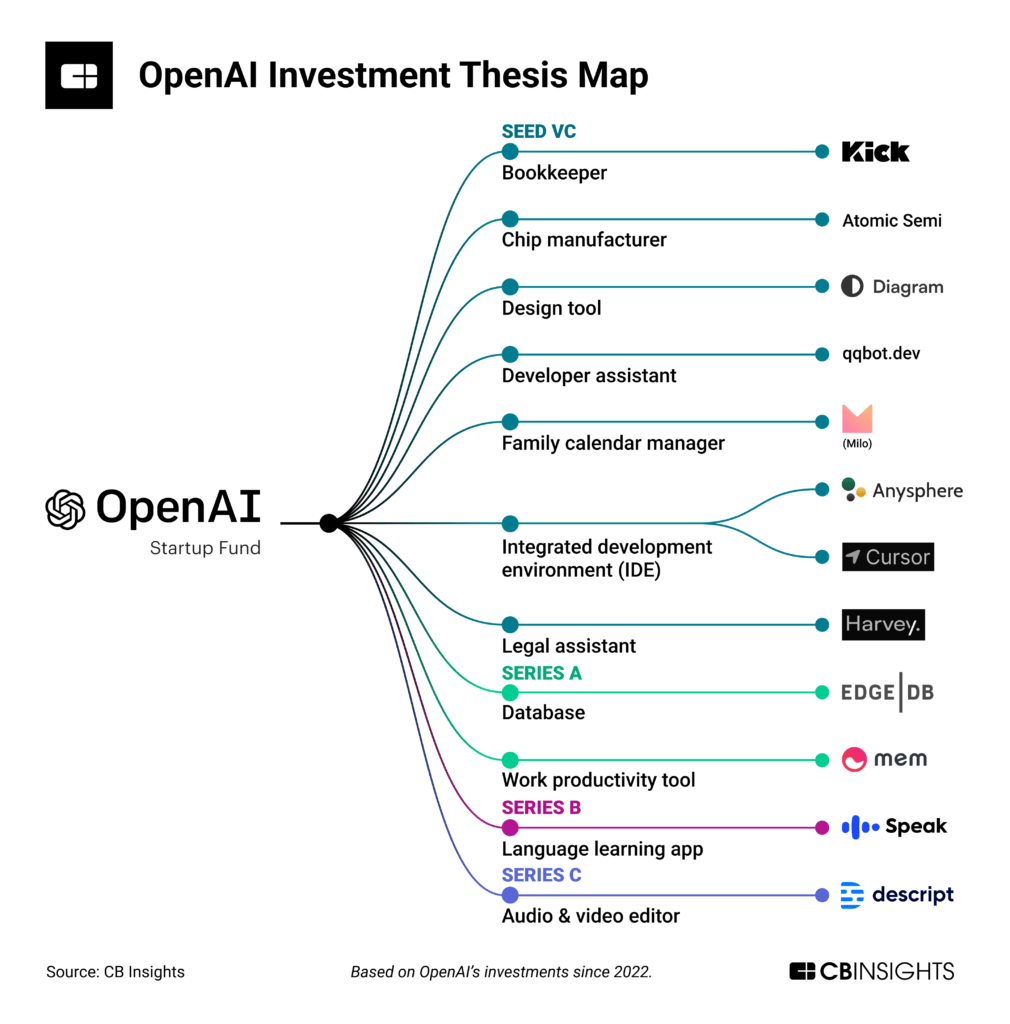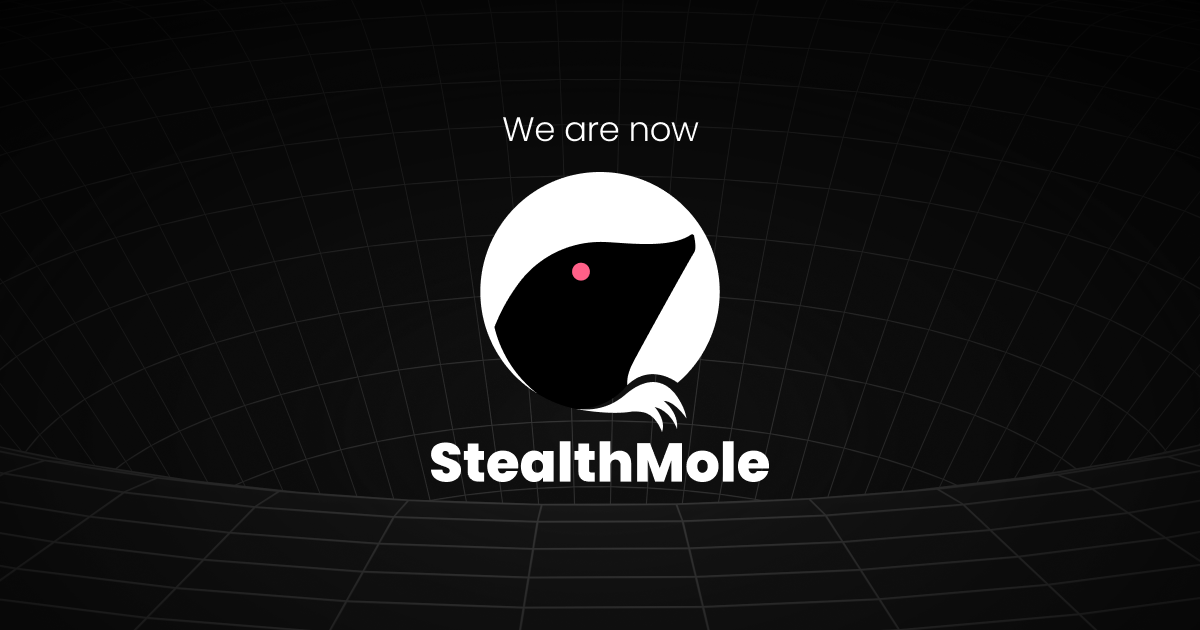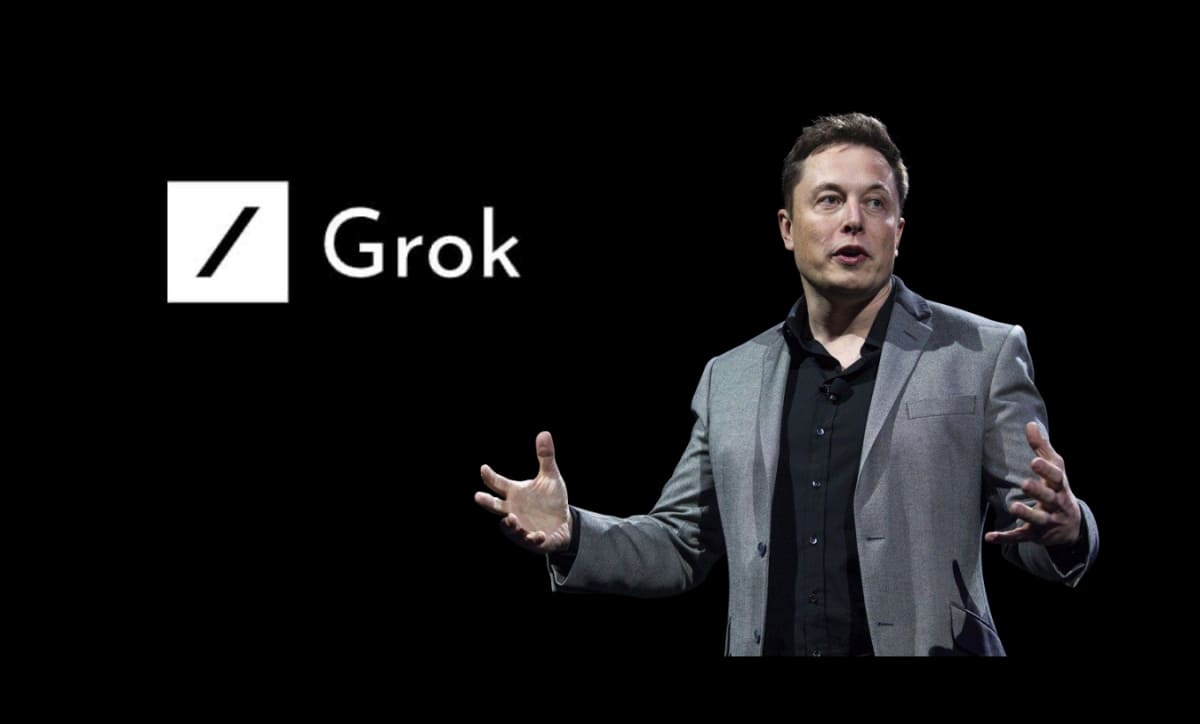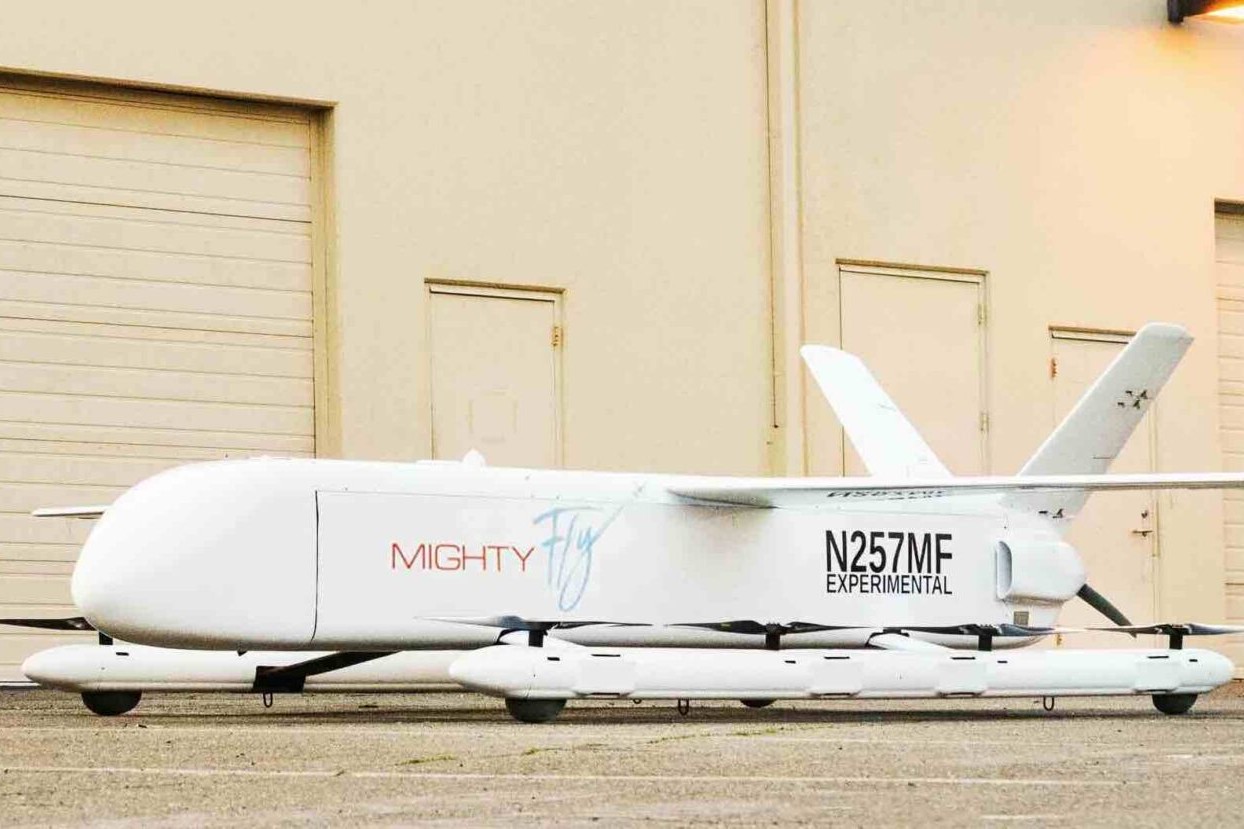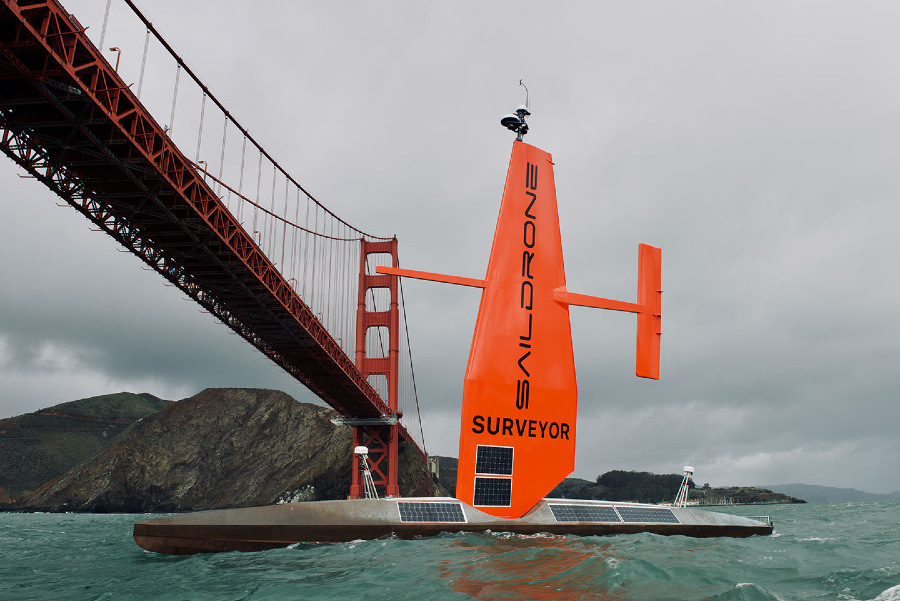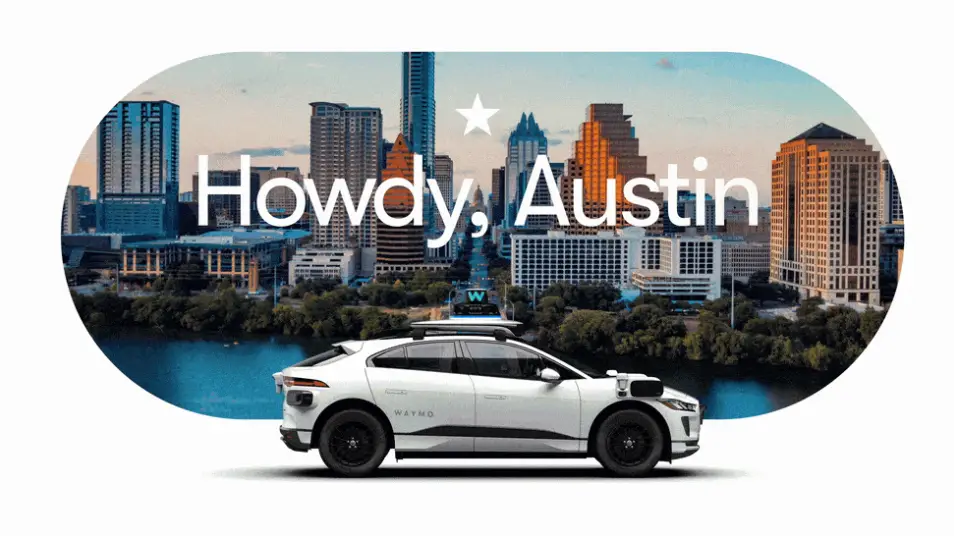Meta faces ongoing criticism regarding its treatment of young users on its platforms. Despite this, the company recently announced plans to launch a new education product for its Quest VR headset, aiming to position it as a valuable tool for classrooms. The product, yet to be named, will feature a hub for educational apps and management tools for multiple headsets. Nick Clegg, Meta’s president of global affairs, emphasized the long-term nature of this initiative, indicating that profitability is not expected in the near future
Meta’s Move.
The move into education could offer Quest users a more diverse range of content and attract developers to the platform. However, this announcement follows other controversial decisions by Meta, such as lowering the minimum age for WhatsApp users in the U.K. and EU to 13.
The new education initiative will launch later this year, initially targeting institutions with students aged 13 and above in markets where Quest for Business is supported. Several companies, including Microsoft, are already exploring VR in education, but widespread adoption faces challenges such as cost and concerns about excessive screen time.
While Meta has donated Quest headsets to some universities, the long-term sustainability of subsidizing growth remains unclear.
